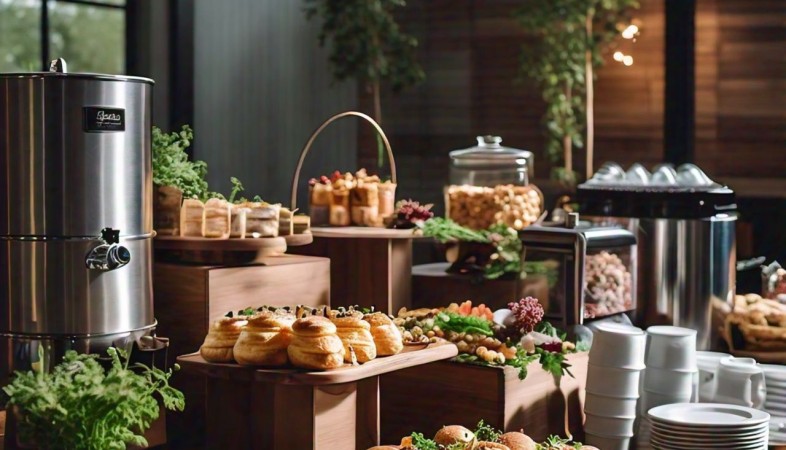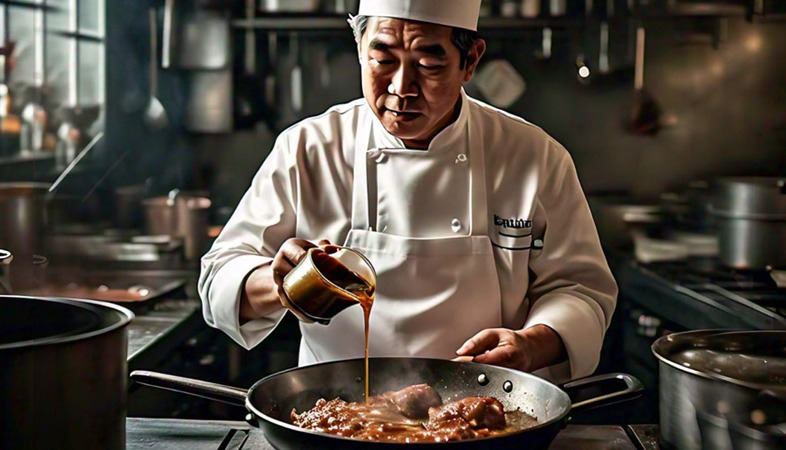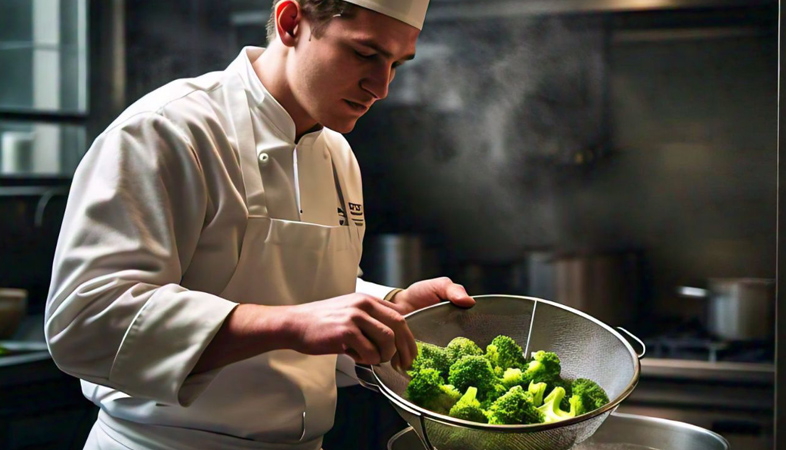Catering to Wellness: The Rise of Health-Conscious Event Menus
The shift towards health-conscious event menus represents a significant evolution in the catering industry.
In recent years, there has been a significant shift in the
catering industry towards health-conscious event menus. This trend is driven by
an increasing awareness of the importance of healthy eating, as well as a
desire to cater to diverse dietary preferences and requirements. From corporate
events to weddings, health-conscious catering is becoming a standard
expectation, transforming the way food is prepared, presented, and enjoyed at
events.
One of the primary drivers of this trend is the growing consumer interest in wellness. People are more informed than ever about the impact of food on their health and well-being. This awareness extends to events, where guests expect nutritious and wholesome options rather than the traditional heavy and calorie-laden fare. Event planners and caterers are responding by offering menus that feature fresh, organic, and locally sourced ingredients. These choices not only promote health but also support sustainable agricultural practices, resonating with environmentally conscious guests.
Plant-based diets are at the forefront of health-conscious catering. With more people adopting vegetarian and vegan lifestyles, event caterers are creating innovative and delicious plant-based dishes that appeal to all guests, not just those who avoid animal products. From colorful vegetable platters to hearty grain salads and inventive meat substitutes, plant-based options are both nutritious and visually appealing. These dishes often highlight seasonal produce, adding variety and freshness to event menus.
Another aspect of health-conscious event menus is the emphasis on whole foods. Caterers are moving away from processed and refined ingredients, instead opting for whole grains, legumes, nuts, and seeds. These ingredients are packed with nutrients and provide a satisfying, wholesome eating experience. By incorporating a variety of whole foods into their menus, caterers can create balanced meals that offer sustained energy and satiety, ensuring that guests feel good throughout the event.
Reducing sugar and unhealthy fats is also a key consideration in health-conscious catering. Desserts and snacks are being reimagined to include natural sweeteners like honey, maple syrup, and dates, which provide sweetness without the negative health effects of refined sugar. Healthy fats from sources such as avocados, nuts, and olive oil are used in place of trans fats and hydrogenated oils. These changes not only make the food healthier but also enhance its flavor and appeal.
Customization and dietary accommodations are essential components of health-conscious event menus. Caterers are increasingly offering personalized menu options to meet the diverse needs of guests. Whether it’s gluten-free, dairy-free, low-carb, or allergen-free, the ability to customize meals ensures that everyone can enjoy the event without dietary concerns. This level of consideration and flexibility is particularly important in corporate settings, where accommodating the dietary needs of a diverse workforce can improve overall satisfaction and inclusivity.
Hydration is another important aspect of health-conscious catering. In addition to offering a variety of healthy food options, caterers are focusing on providing nutritious beverages. Freshly pressed juices, infused waters, and herbal teas are popular choices that keep guests hydrated and refreshed. These beverages not only complement the food but also contribute to the overall wellness experience of the event.
Presentation plays a significant role in health-conscious catering. The visual appeal of the food can enhance the dining experience and encourage guests to try healthier options. Caterers are using creative plating techniques and colorful ingredients to make healthy dishes look as enticing as they taste. This attention to detail reflects the growing trend of treating food as both nourishment and art, creating a memorable dining experience that aligns with the event’s overall theme and aesthetic.
The rise of health-conscious event menus is also supported by advancements in culinary technology and techniques. From sous-vide cooking to fermentation, modern culinary methods are being used to enhance the nutritional value and flavor of dishes. These techniques allow caterers to prepare food in ways that preserve nutrients and maximize taste, offering guests a superior dining experience.
The shift towards health-conscious event menus represents a significant evolution in the catering industry. By prioritizing fresh, nutritious, and diverse food options, caterers are meeting the growing demand for wellness-oriented dining experiences. This trend not only promotes better health but also reflects a broader commitment to sustainability and inclusivity. As the demand for health-conscious catering continues to grow, we can expect to see even more innovation and creativity in how food is prepared, presented, and enjoyed at events.
.png)




























